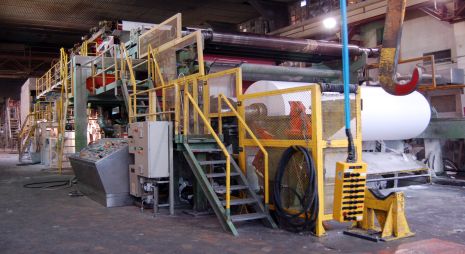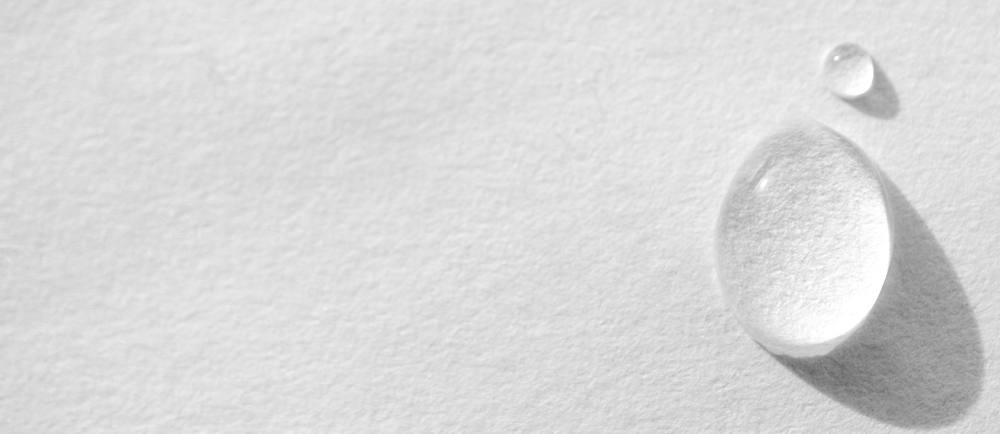 Transitioning from micro to nano: unlocking the potential of cellulose nanomaterials
Transitioning from micro to nano: unlocking the potential of cellulose nanomaterials
Transitioning from micro to nano: unlocking the potential of cellulose nanomaterials
Virtual Webinar
Wednesday, June 04, 2025 to Wednesday, June 04, 2025
10AM - 11AM ET
This seminar will delve into the structure-process-property relationships essential for producing cellulose nanomaterials, emphasizing often overlooked factors that significantly impact their properties. Participants will gain insights into the chemical and structural attributes of various feedstocks, as well as the morphological characteristics and fibrillation strategies that influence the final product. Additionally, the seminar will explore the application of advanced modeling techniques, such as machine learning, to predict nanomaterial properties from the characteristics of the raw material and processing parameters. These models facilitate the implementation of real-time monitoring strategies in production processes, reducing uncertainty and enabling the scalable manufacture of cellulose nanomaterials. Attendees will leave with a thorough understanding of the transition from micro to nano scale and its importance in unlocking the industrial potential of cellulose nanomaterials.
Learning Outcomes
- Predict the rheological behavior of cellulose nanomaterials based on the starting chemical and structural properties.
- Infer the expected properties of cellulose nanomaterials based on starting material and process conditions.
- Extrapolate the given examples to their research or professional activities within the cellulose domain.
Professor Marc Delgado-Aguilar
Dr. Marc Delgado-Aguilar is an Associate Professor of Chemical Engineering at the Polytechnic School of the University of Girona, in Spain. He received his PhD in Chemical Engineering in 2015 with honors and, since then, he has been actively working in both research and industrial projects related to lignocellulosic materials. Since 2021, he leads the Laboratory of Sustainable Materials and Product Design (LEPAMAP-PRODIS), counting on more than 20 members including permanent staff, postdoctoral researchers and PhD candidates.
His research group specializes in developing sustainable processes and techniques for creating high-performance, functional bio-based materials, innovative biocomposites, and nanomaterials. The group also incorporates a division dedicated to modeling and product ecodesign, facilitating the practical application of their research in the industrial sector. Dr. Delgado-Aguilar actively contributes to all areas of the group’s research, particularly in developing structure-property relationships for cellulose nanomaterials. Prof. Delgado-Aguilar has published over 175 research papers and participated in multiple international conferences in the domain of lignocellulosic materials. His work includes advancing machine learning models, collaborating on product development with industry partners, devising valorization strategies for underutilized materials, and developing high-performance cellulose-based materials for value-added applications, including emulsions, suspensions or coatings, among others. He maintains an active collaboration with the papermaking industry, focusing on tissue, packaging, and specialty papers, as well as chemical industries willing to transition from a linear to a circular bioeconomy.
Dr. Delgado-Aguilar counts on a well-stablished collaborative network across the globe and is an active member of ACS Cellulose and Renewable Materials Division, TAPPI, and EPNOE. In addition, he has also established a strong collaborative network with South American institutions, mainly Brazil, Chile and Argentina, including universities, research centers and industries.

Tissue 101: Properties and Processes Course
Sunday, May 04, 2025
Tissue 201: Operations and Runnability Course
Tuesday, May 13, 2025

